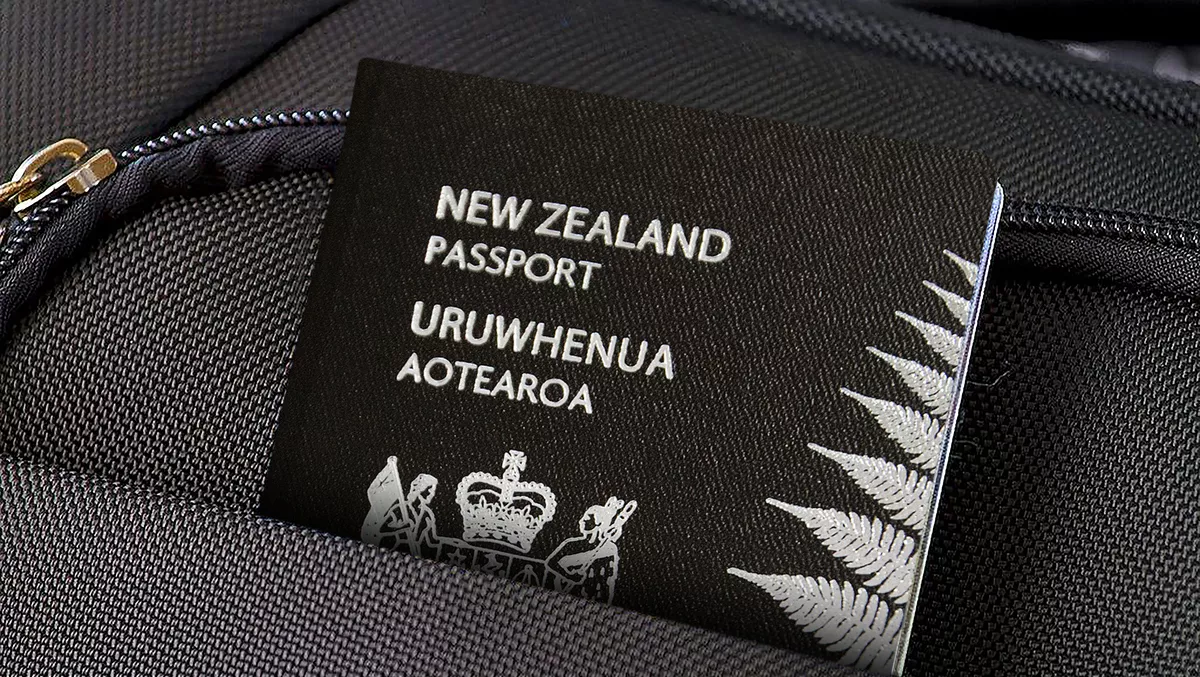
IT issues resurface as 100,000 migrants eligible for fast-track residency
An estimated 100,000 migrants can apply for fast-tracked residence from today - though IT problems have stopped some being able to.
Immigration New Zealand upgraded its systems in the hope of avoiding a repeat of the failures that dogged the opening of the first phase of the one-off residence visa in December.
It also tried to deter migrants from applying on the first day, saying it would start to process applications at the end of the month and in the order of when applicants' temporary visas expired.
But when phase two of applications launched at 10am today, people received a message saying there were technical problems and a separate error message came up once people accessed the online portal.
Immigration New Zealand (INZ) said the system had not been down, but that its website had received high demand. "The enhanced Immigration Online system (which people apply through) has been working and people are able to apply. The INZ website is also now working as expected."
Immigration adviser Steve Norrie said migrants received repeated assurances that immigration systems would cope and it beggared belief that it failed again.
"They've simplified and streamlined this application significantly to try and help them handle the volume [of visa applications]. But the online platform is the thing that really it all starts from and that's not working. That gives you no confidence about what's happening behind the scenes in terms of the planning for other aspects of the visa category.
"You have got people I don't doubt who have taken the day off work so they can file these applications. They have been whipsawed by this government from pillar to post around immigration residency changes over the past two-and-a-half, three years, and finally they have a safe haven they can get to.
"And now they take the day off work, they get ready to apply and Immigration New Zealand has failed yet again to provide for the capacity of applicants."
December's application numbers were a tenth of what would be received in the second phase from today, and that knocked the INZ system down for two days, he said.
INZ said as at 1pm today, more than 4000 people had successfully applied for the resident visa on the new platform, and a further 6000 were still actively working in the system to complete their applications.
"When we launched this morning at 10 o'clock, there was a significant spike in the traffic into our website and it was far more than we'd ever seen before," general manager of the 2021 residence visa Geoff Scott said.
"We just had to do a quick bit of work to balance the system up again. And that was rectified in very quick time and ever since the system's been working as we would expect and we're really delighted with the way it's performing."
INZ allowed some people to apply a week early this time to try to offset the expected rush.
It said last week it had learned a lot from the experiences of opening phase one in December.
"Immigration Online has been significantly upgraded to increase the number of people able to apply each day," said INZ head of digital and programmes, Darren Calder last week.
"On top of this, we have also made some operational changes that mean individuals who don't apply on the first day will not be disadvantaged. Submitting your application first does not determine when it will be processed, so we encourage people to take their time to apply."
Migrants have been wanting to get new medical certificates ready for when they applied and that had caused weeks of queues at medical centres.
"We know some people have been concerned about getting their medical certificate in time to submit their application," he said.
"As a result, people applying through enhanced Immigration Online will not need a medical certificate to be able to submit their application. If one is required, they will be asked to provide this, and any other documents, when we begin processing their application. This will help ease the demand that immigration panel physicians have been experiencing in recent weeks."
More than 30,000 people have applied for the one-off residence visa since December, and half of them have already become residents.
The government estimated up to 165,000 people may become residents in total, including critical workers arriving before July and overseas families of migrant workers already here.
Visa queues
People still waiting for old applications to be looked at under the skilled migrant (SMC) and work to residence (RFW) categories say the long delays for residence have worsened as staff were moved onto the new residence visa. While some of them will be able to apply for the one-off visa, 9495 people still have old applications and some of those have no other residence avenue they can pursue.
Rajiv Kumar arrived in 2014 to study business and he applied for residence as a skilled migrant more than two years ago. The delay in processing had almost doubled from 16 to 31 months in that time, he said.
The restaurant manager went to India to marry his wife Jyoti Fermah just before the border closed. They were eventually allowed back in, but the delay meant he had not spent the last three years in New Zealand to qualify for the one-off residence visa.
"Immigration is giving more priority to new resident applications," he said. "Sixty-plus staff, those who were working on SMC/RFW files, has been reduced to only a 10-member team. Whenever I ask from customer care or email to immigration regarding queue movement they don't have any information when immigration officers will work on paper based residence files.
"Like me, there are some other applicants as well who are not eligible for the new resident visa and have to stay in the old queue without any hope. It is a really hard time for me and for others as well, those who are waiting for a result for more than two years."
Geoff Scott said processing applications is always a balancing act to ensure that people get the service they deserve.
"We have quite a number of people that had the skill migrant and residence from work applications with us, who had withdrawn as they have succeeded in getting their 2021 residence visa approved," Scott said.
"So the numbers are diminishing reasonably well with what's left. And we do have a team working on those residual ones to move those through as quickly as we can. So we are focused on trying to keep a very balanced approach to this so that those people waiting for those particular visas, do get them processed.
"What we don't want to do is jeopardise their situation by not working through those. So as I say we're trying to balance the commitments and it's always a balancing act, but we are doing our very best to make sure that those people, particularly those that haven't applied under this new category, get the service that they deserve."
Migrants seek timeframe
Migrants wanted some idea of how long they would have to wait, he added.
Migrants who did not qualify for the one-off residence visa are also unhappy. Post-study work visa holders who were overseas when the border closed are among those asking for the government to reconsider their plight.
"All of us were locked out of New Zealand after the government took a decision to close doors on 20th March 2020," said Jagdeep Singh Dhillon.
"We acknowledged that the time was tough, so we waited patiently for more than 16 months. Almost all of us work and live there, and are equally a resident of New Zealand as anyone else there. To date, the government hasn't shared any plan for people like us who're stuck offshore on a temporary work visa like post-study work visa, student visa, essential visa, partner visa, low-mid skill visa.
"We lost around two years of our life and can't get back this precious time. So it's our humble request to the New Zealand government, please bring us back as soon as possible with an extension of expired visas and consider us for this new one-off resident Visa 2021 category."
Most visas had expired and whereas Australia was allowing a visa extension or replacement visa, New Zealand was not. "Our future and life totally destroyed. It's not fair, it's against humanity."
The government appeared to close the door to that possibility at the end of last year, when Immigration minister Kris Faafoi told RNZ it was not intending to extend post-study work visas for those overseas.
"This is in line with the approach we've taken with other temporary visas where plans were disrupted by COVID-19, as these people only ever intended to remain in New Zealand temporarily and circumstances may have changed by the time borders reopen," he said.
"People who have gained valuable qualifications from study in New Zealand, and have been gaining useful work experience while offshore, can apply for work visas when the borders reopen if they have skills New Zealand needs."



